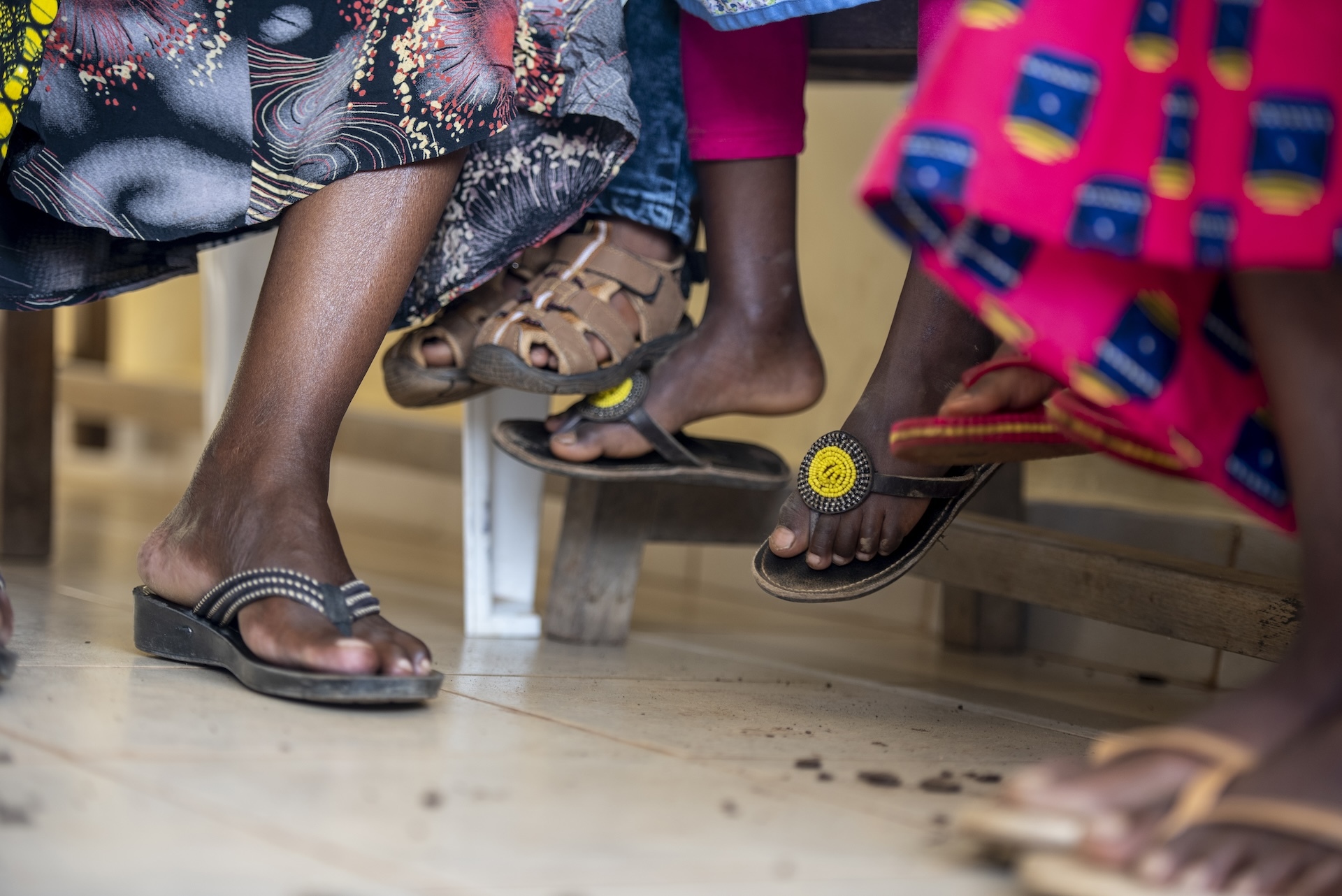The Elizabeth Glaser Pediatric AIDS Foundation (EGPAF) in Nigeria provides highly targeted technical support to the sub-national and national stakeholders supporting the HIV response for children, adolescents, and pregnant women with the aim of developing sustainable quality interventions. EGPAF Nigeria has implemented and scaled up innovative models to improve access to Early Infant Diagnosis (EID), HIV testing and counseling, and pediatric and adolescent HIV service delivery in close collaboration with the State and Federal Ministry of Health (MoH), in order to strengthen the quality of pediatric HIV services and elevate advocacy for children and families living with HIV.
In Rivers and Taraba states of Nigeria, EGPAF is dedicated to identifying HIV-exposed infants (HEI) and ensuring they receive life-saving care through a quality Early Infant Diagnosis (EID) program. To increase overall EID coverage, EGPAF implemented the HIV Point of Care (POC) Diagnostics Toolkit while simultaneously utilizing EGPAF’s validated “Program Optimization Approach” (POA) to optimize the overall EID cascade in both states. The project’s main objectives were to:
- Identify key gaps and barriers in the EID cascade in the Rivers and Taraba states
- Increase EID coverage in both states by utilizing the POA approach and digitally based monitoring platforms
- Develop and disseminate EID tools and resources (conventional and POC EID) to strengthen EID implementation and quality
To achieve these objectives, all 11 health facilities implemented Quality Improvement (QI) which is a methodology that mobilizes health facility-based teams to make ongoing and swift changes within their power. Using the Plan-Do-Study-Act (PDSA) systematic cycle of rapid improvement and learning, facility-based QI teams make incremental changes informed by use of QI methods such as Process Mapping, Root Cause Analysis and Data Monitoring. These processes and changes are expected to lead to improvement in the quality of care offered to clients; changes leading to improvement at health facilities can inform initiatives to scale-up similar practices in other settings. This brief highlights the key results from QI projects in Nigeria focused on strengthening EID services and shares key lessons learned from this experience.




